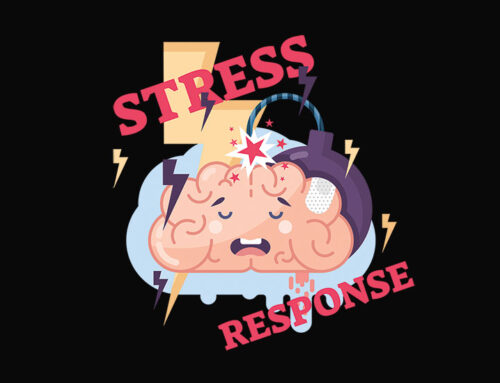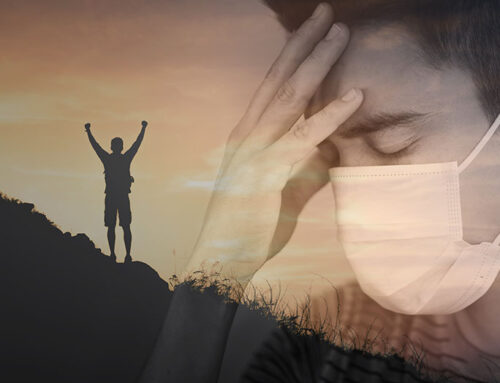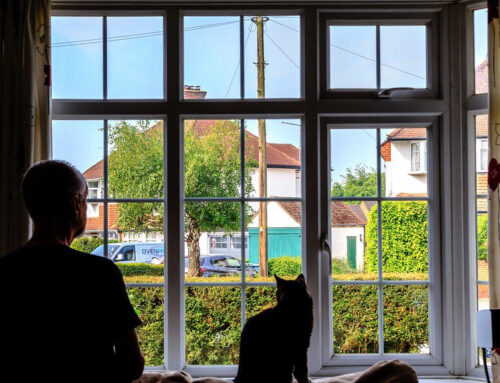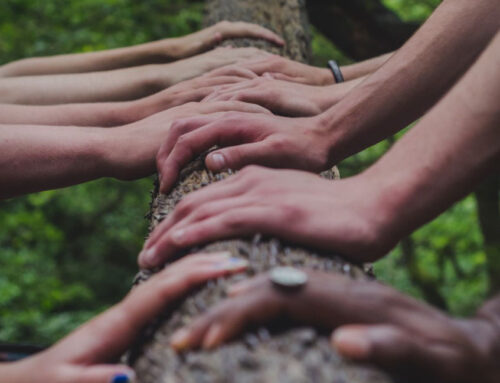In keeping with SAMHIN’s mission of greater dialogue on mental health in South Asians and highlight the important work of others in this area, we invited Falguni Shah, MD, a specialist in pediatric infectious diseases to share her experiences during the surge in the COVD-19 pandemic in India and the U.S.
It was 4:00 AM. The phone rang…it was my niece from India trying to Facetime with us while she was visiting her mother, my 55-year-old cousin in the ICU, intubated with a severe COVID illness. A few days later, she passed. Disturbing scenes of India’s burgeoning COVID-19 death toll reached the enormous Indian diaspora and traumatized all of us sitting here in relative tranquility. Many of us lived for weeks in fear of the phone ringing, imagining who it might be next, delivering sad news from our COVID ravaged motherland. News of hospitals reeling from dire shortages of healthcare workers, vaccines, oxygen, lifesaving drugs, and beds with overflowing mortuaries kept pouring in.
It was hard not to let the fear and pessimism envelop and engulf us. The anguish we went through with the survivors’ guilt when we received news of our relatives dying was insurmountable. Most of us would have flown to our dear one’s bedside within hours had it not been made impossible by the unique pandemic circumstances. With flight cancellations and travel policies in place, many of us couldn’t travel to perform the last rites for our parents, which in any other circumstances would be unimaginable for most.
No matter how we tried to help, mobilizing resources, and launching donation drives, the despair and guilt have gnawed at our insides. The past few months have been arduous and uncertain and the next few may be as well. Anger towards the Indian governmental organizations and bureaucracy for perceived mishandling of the pandemic and poor accessibility for vaccines is rising. The sentiment of outrage towards the vaccine disbelievers in the U.S. grows as we hear about the vaccine shortages back home.
As the Delta variant of this virus now extends its claws to the U.S., the anxiety of what is to come is palpable amongst us all. Sad memories of the past year far too fresh, and the dread of it all recurring again adds to our anguish.
We may not be able to change what’s to come but recognizing these varied emotions and seeking help proactively will help us not only manage our overwhelming emotions but also, help us be there for our loved ones in need. Engaging communally in this collective grief will help each one of us.
Here are some pandemic self-care tips:
- Listening is a great tool: listen attentively to your relatives and friends who are grieving. Acknowledge what you can and cannot do to help. While fixing is not always an option, listening has great power.
- Connect your loved one with resources when you can.
- Take time out for yourself for some mindful breathing exercises even if it is for a few minutes. Remember, watching the news for several hours a day is not going to add to what you can do to help.
We are not built to be hypervigilant like we have been during the pandemic. You are not alone in feeling overwhelmed. If you need mental health support or you have questions, please seek help.
Amongst your other resources, please know that we’re also here for you. You may reach SAMHIN’s HelpLine via phone at 732-902-2561 or email helpline@samhin.org.
 By Falguni Shah, MD
By Falguni Shah, MD
SAMHIN volunteer
Director and Founder Travel Health and Infectious Disease LLC
Feature image by Stux on Pixabay.
Subscribe to SAMHIN’s email list if you would like to be notified when SAMHIN publishes new blog posts.
If you are interested in joining SAMHIN’s mission or have questions about the organization, please contact SAMHIN at info@samhin.org.






